
Esophageal Cancer Risk Factors
23 Oct, 2024
 Healthtrip
HealthtripAs we journey through life, our bodies undergo numerous changes, some of which can be subtle yet significant. One such change that can have a profound impact on our health is the development of esophageal cancer. This type of cancer affects the esophagus, the tube that carries food from the throat to the stomach, and can be a daunting diagnosis to receive. However, by understanding the risk factors associated with esophageal cancer, we can take proactive steps to reduce our chances of developing this disease.
Demographic Risk Factors
Esophageal cancer can affect anyone, but certain demographic groups are more susceptible to this disease. For instance, men are more likely to develop esophageal cancer than women, with a ratio of 3:1. Additionally, people over the age of 60 are at a higher risk, with the majority of cases diagnosed in those over 70. Moreover, individuals from certain racial and ethnic backgrounds, such as African Americans and Asian Americans, are more prone to esophageal cancer.
Most popular procedures in India
Aging and Cellular Changes
As we age, our cells undergo natural changes that can increase the risk of esophageal cancer. For example, the lining of the esophagus can become thinner and more prone to damage, making it easier for cancer cells to develop. Furthermore, the accumulation of genetic mutations over time can also contribute to the development of esophageal cancer.
Wellness Treatments
Give yourself the time to relax
Lowest Prices Guaranteed!

Lowest Prices Guaranteed!
Lifestyle Risk Factors
Certain lifestyle choices and habits can significantly increase the risk of esophageal cancer. For instance, smoking is a major risk factor, with smokers being three times more likely to develop esophageal cancer than non-smokers. Additionally, excessive alcohol consumption can also increase the risk of esophageal cancer, particularly when combined with smoking. Moreover, a diet low in fruits and vegetables and high in processed and red meat can also contribute to the development of esophageal cancer.
Diet and Nutrition
A healthy diet rich in fruits, vegetables, and whole grains can help reduce the risk of esophageal cancer. Conversely, a diet high in processed and red meat, as well as low in essential nutrients, can increase the risk of esophageal cancer. Furthermore, a lack of certain nutrients, such as vitamin D and omega-3 fatty acids, can also contribute to the development of this disease.
Medical Conditions and Esophageal Cancer
Certain medical conditions can increase the risk of esophageal cancer. For example, gastroesophageal reflux disease (GERD), a condition in which stomach acid flows back into the esophagus, can increase the risk of esophageal cancer. Additionally, Barrett's esophagus, a condition in which the lining of the esophagus becomes damaged, can also increase the risk of esophageal cancer. Furthermore, obesity, diabetes, and a history of radiation therapy to the chest can also contribute to the development of esophageal cancer.
Genetic Predisposition
In some cases, esophageal cancer can be inherited, with certain genetic mutations increasing the risk of developing this disease. For example, individuals with a family history of esophageal cancer are more likely to develop the disease themselves. Furthermore, certain genetic syndromes, such as familial adenomatous polyposis, can also increase the risk of esophageal cancer.
Reducing the Risk of Esophageal Cancer
While esophageal cancer can be a daunting diagnosis, there are steps we can take to reduce our risk of developing this disease. By quitting smoking, reducing alcohol consumption, and adopting a healthy diet rich in fruits and vegetables, we can significantly lower our risk of esophageal cancer. Additionally, maintaining a healthy weight, exercising regularly, and managing underlying medical conditions can also help reduce the risk of esophageal cancer.
By understanding the risk factors associated with esophageal cancer, we can take proactive steps to reduce our chances of developing this disease. Remember, knowledge is power, and by being aware of these risk factors, we can take control of our health and reduce the risk of esophageal cancer.
Related Blogs
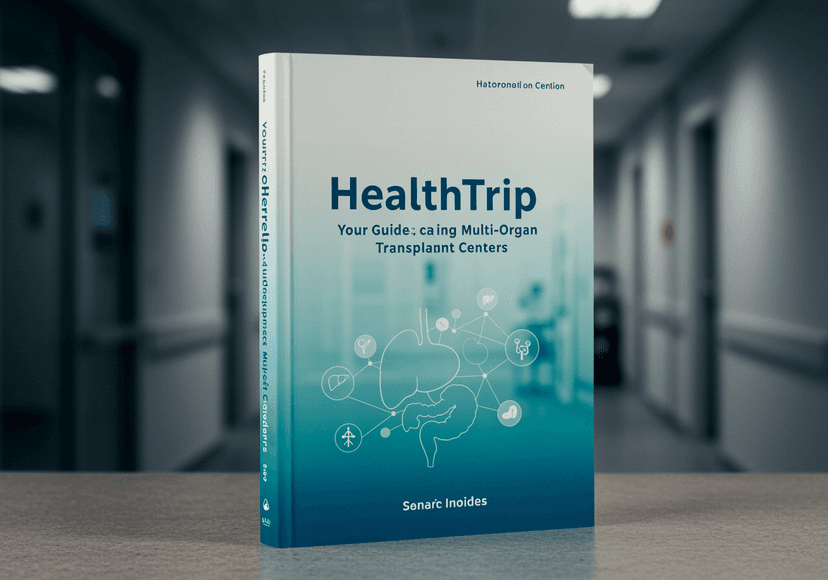
Healthtrip: Your Guide to Leading Multi-Organ Transplant Centers
Healthtrip
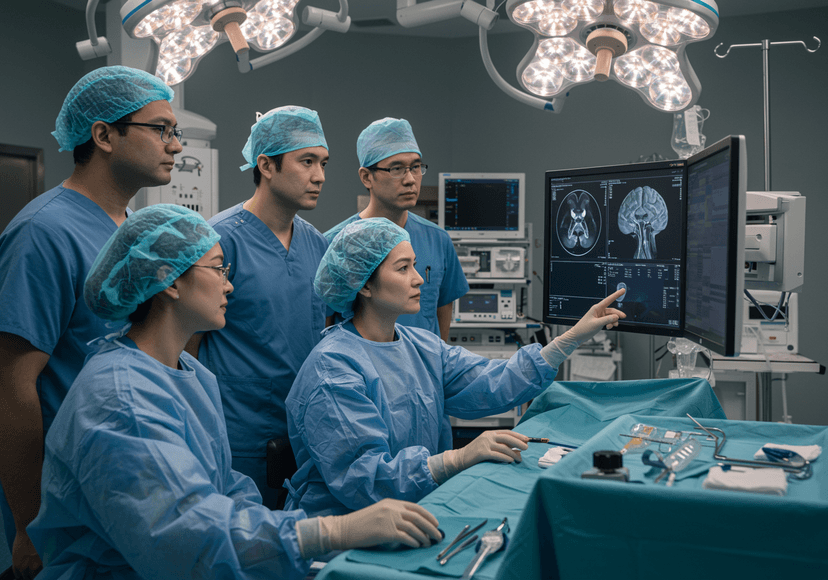
Healthtrip: Advanced Brain Treatment Options with Expert Surgeons
Healthtrip
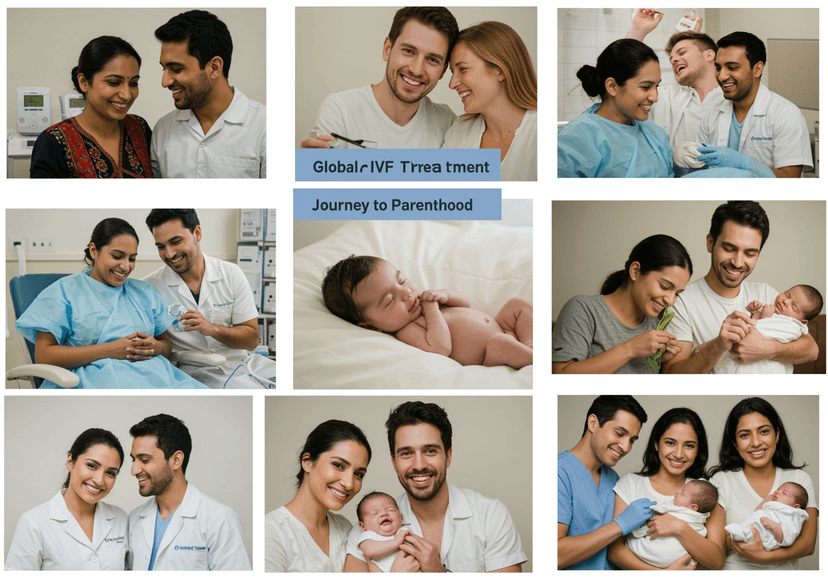
Healthtrip: Global IVF Treatment - Journey to Parenthood
Your Path to Parenthood with Healthtrip
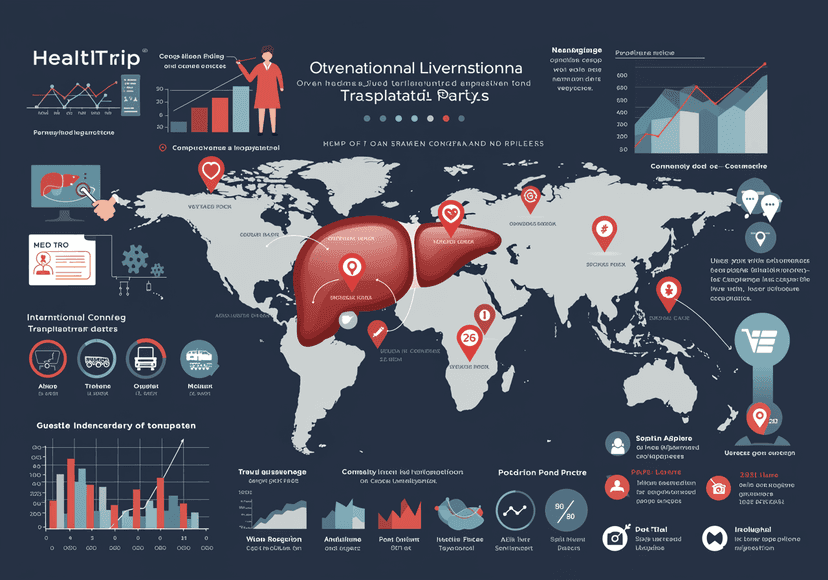
Healthtrip: Navigating International Liver Transplant Options & Prices
Healthtrip
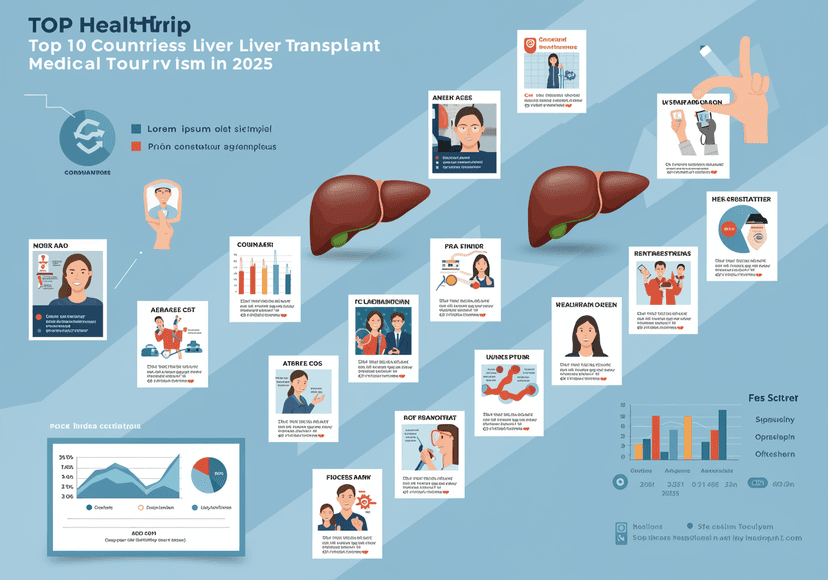
Healthtrip: Top 10 Countries for Liver Transplant Medical Tourism in 2025
Healthtrip Medical Tourism
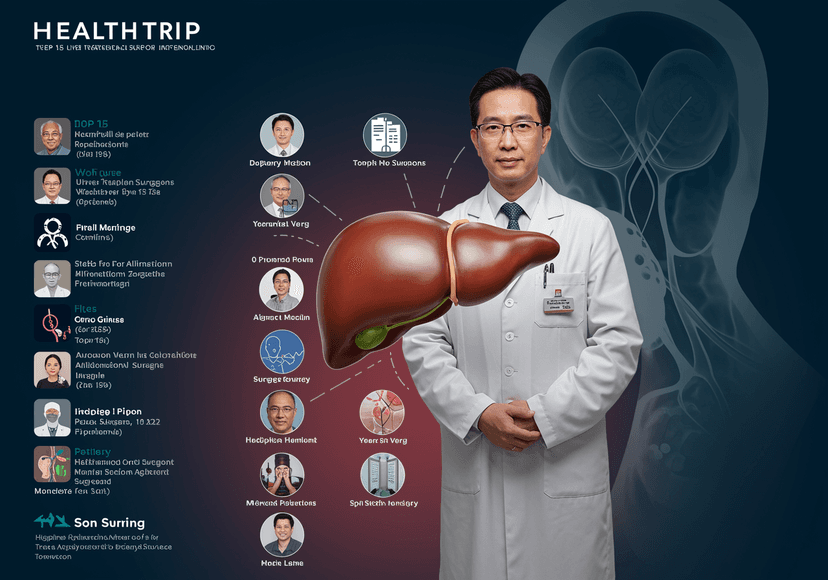
Healthtrip: Top 15 Liver Transplant Surgeons for International Patients
Healthtrip










